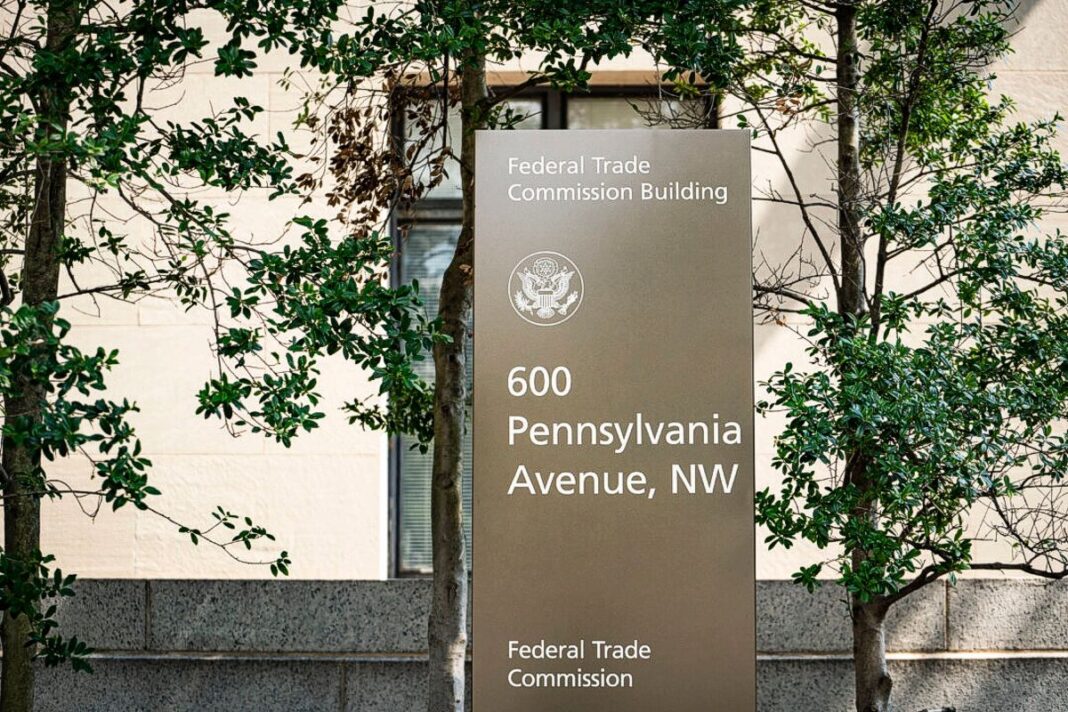Lawmakers will move forward this week with resolutions that use the Congressional Review Act to overturn the waivers.
Senators seeking to block California from enforcing new zero-emission vehicle standards and strict emissions regulations are set to vote on the matter this week, Senate Majority Leader John Thune (R-S.D.) said on May 20.
Speaking from the Senate floor, Thune said lawmakers will be moving forward this week with three House-passed resolutions that use the Congressional Review Act (CRA)—a tool that can be used by Congress to overturn rules issued by federal agencies with a simple majority vote—to reverse waivers granted to the state by the Environmental Protection Agency (EPA).
California for decades has been given the authority to adopt vehicle emissions standards that are stricter than the federal government’s.
In December 2024, the EPA, then operating under the Biden administration, approved California’s request for a waiver from Clean Air Act requirements; a move that effectively allowed it to set its own emission standards.
Under the waiver, the state was able to move forward with a ban on the sale of gas-powered cars by 2035, curb smog-forming nitrogen oxide pollution from trucks, and mandate that 35 percent of on-road light- and medium-duty engines and vehicles in the 2026 model year be zero-emission models.
In issuing the waiver, the EPA said opponents did not meet their legal burden to show how the state’s measures were inconsistent with the Clean Air Act.
Since then, dozens of states, including New York, Maryland, Massachusetts, and Vermont, have adopted California’s zero-emission vehicle rules or similar regulations, although the latter recently put the requirements on hold.
Thune said the waivers granted to California allowed the state “to dictate emissions standards for the whole country—effectively imposing a nationwide electric vehicle mandate,” pointing to the state’s size and the number of other states that have signed onto the mandate.
“The Clean Air Act allowed for waivers to address specific pollution problems, and over the decades a number of them have been granted,” the lawmaker said. “But the waivers the Biden EPA handed to California on the Biden administration’s way out the door go far beyond the scope Congress contemplated in the Clean Air Act.”







